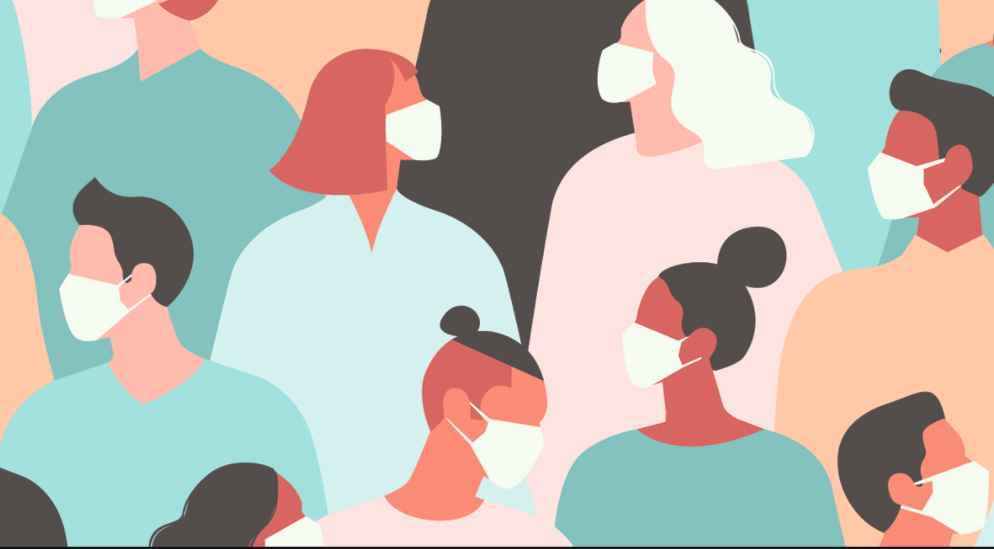By Reinesse Wong
During the peak of the COVID-19 pandemic, I sat down listening to the news.
“Studies show that young adults are less likely to experience major symptoms from a COVID-19 infection.”
I breathed a sigh of relief. I shouldn’t be that worried about catching the coronavirus, right?
As a teenager, I can see where the feeling of invincibility stems from. I am sure many young adults around the world have at least once had the thought, “I’m young and healthy, so even if I get COVID-19 I should be ok!”
Not surprisingly, I’ve also had the same thought a few times. For me, the frustration of being stuck at home all day made me want to catch the virus just so I could move on from the never ending fearful thought of “what if I catch the virus?”
However, my thinking changed after the World Health Organization released a list of preexisting conditions that were at higher risk of fatalities from COVID-19. I had an autoimmune disease that ran through my family which was listed by WHO as a possible fatal condition.
I no longer thought, “I will be okay if I catch the coronavirus.” Instead, it was about, “What will happen to me if I catch COVID-19?” I started to worry about where I went, the people I interacted with, and what I could do to protect myself. My anxious thoughts spun into an image of a girl stuck in a hospital bed struggling for breath.
Even now, although COVID-19 has started to taper down and Irvington is planning on sending students back full time, I can’t help but wonder how our elders and people more vulnerable to COVID-19 felt as teens were out partying without a care in the world. As their pleas fell on deaf ears, and friends or families continued to spread the virus as they traveled.
COVID-19 taught me that in times like this, being considerate of others and thinking of things from others’ perspectives is vital. When you make decisions, they will impact the people around you. Just because you are okay, it doesn’t mean that you can carelessly act and endanger the lives of those around you.






Be First to Comment